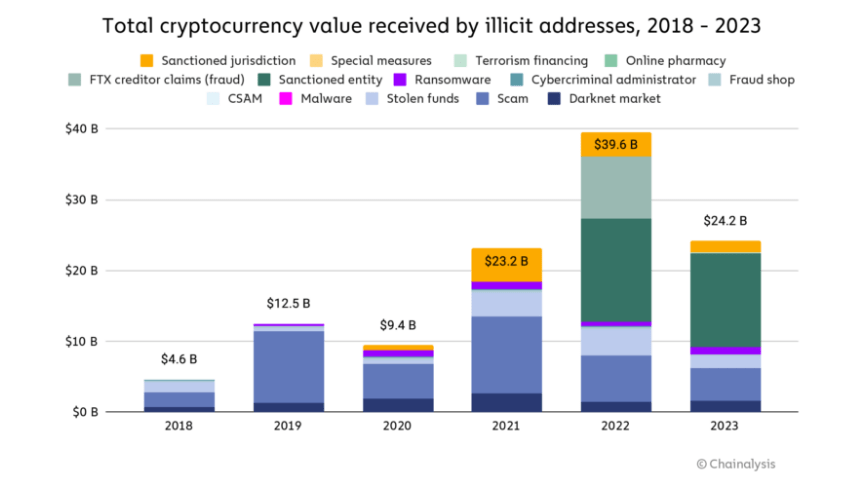Crypto’s Dark Side: Virginia ISIS Fundraiser Gets 30 Years—Blockchain’s Anonymity Cuts Both Ways
Another case of crypto’s double-edged sword: A Virginia man just bagged three decades in prison for funneling Bitcoin to ISIS. The DOJ’s slam-dunk prosecution proves blockchain transactions aren’t as untraceable as privacy maximalists claim—though good luck getting your average DeFi degen to care about compliance.
Law enforcement’s chainalysis tools keep leveling up, turning pseudo-anonymity into a liability for criminals dumb enough to leave breadcrumbs. Meanwhile, Wall Street still can’t decide whether to regulate crypto into oblivion or quietly hoard BTC ETFs behind closed doors.
Funny how ’financial freedom’ tech keeps funding both libertarian dreams and terrorist schemes—maybe that’s the real decentralized use case.
Funding The ISIS
According to reports, Chhipa’s wire transfers weren’t insignificant. More than $185,000 went through his accounts over three years. Some of that cash went to pay ISIS militants’ wages. Some of it funded female members to escape from prison. He used routine tools—phones and email—into a terror group’s funding pipeline.
Mohammed Azharuddin Chhipa, 35, of Springfield, was sentenced yesterday to 30 years and 4 months in prison for providing material support to ISIS. https://t.co/a8Ean2kAzH
— U.S. Attorney EDVA (@EDVAnews) May 8, 2025
Tactics Used To Evade Detection
Prosecutors indicated that Chhipa had the expertise of covering his trail. He used misspelled email pseudonyms to conceal his identity. He changed phones and opted for phony names when he reserved transportation.
He even drew the eye of Interpol. Authorities notified him on a Blue Notice after he attempted to cross from Mexico to Egypt. He was convicted by a jury in December 2024 on one count of conspiracy and four charges of making material support to a listed terrorist organization.
The Chhipa case is not an isolated incident. On March 27, the Justice Department seized approximately $200,000 in crypto associated with wallets operated by Hamas. According to DOJ reports, those wallets had laundered over $1.5 million since October 2024.
At roughly the same time, the Treasury’s Office of Foreign Assets Control blacklisted eight addresses. They report that Yemen’s Houthis used those wallets to purchase weapons and evade sanctions.

Based on Chainalysis figures, extremist groups received at least $24.2 billion in cryptocurrency in 2023. It is a low percentage of overall illicit crypto flow, but it still supports violence.
The United Nations’ Counter‑Terrorism Committee cautioned that, left unchecked, terrorists may shift from cash and bullets to all-digital funding. Officials are calling for tighter anti‑money‑laundering regulations and greater collaboration between governments and crypto companies.
In sentencing Chhipa to a long term, US judges are setting a boundary. They’re stating that crypto won’t be used differently from money when it assists terror groups. The case is highlighting an increasing view: if you fund terror, face time behind bars—regardless of how you transfer the money.
Featured image from The Atlantic, chart from TradingView

